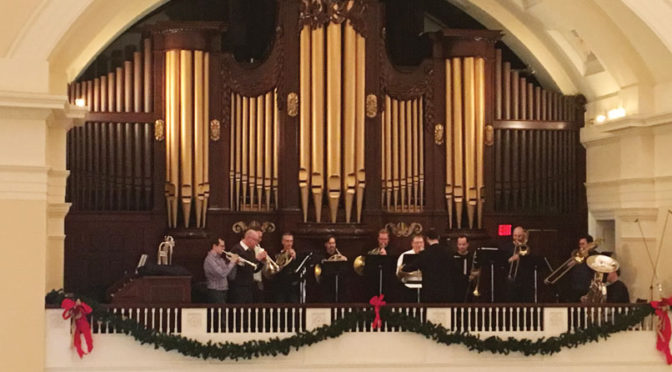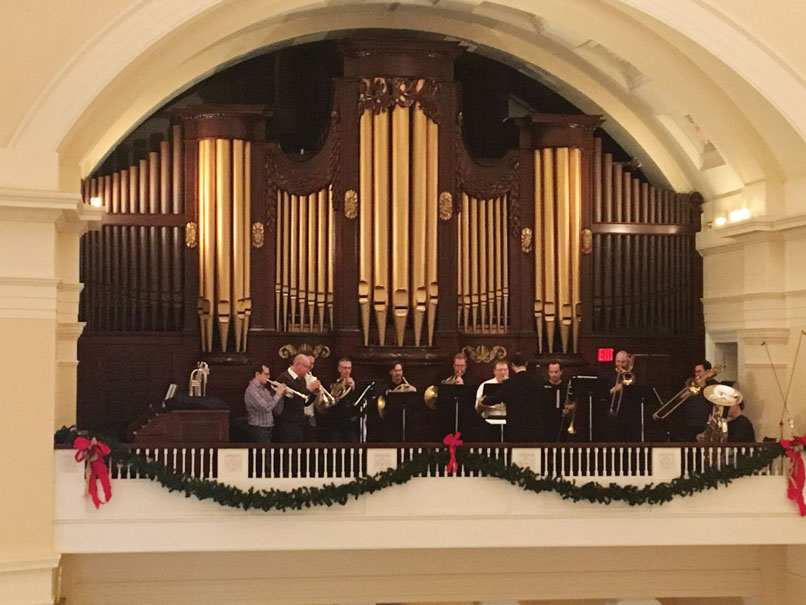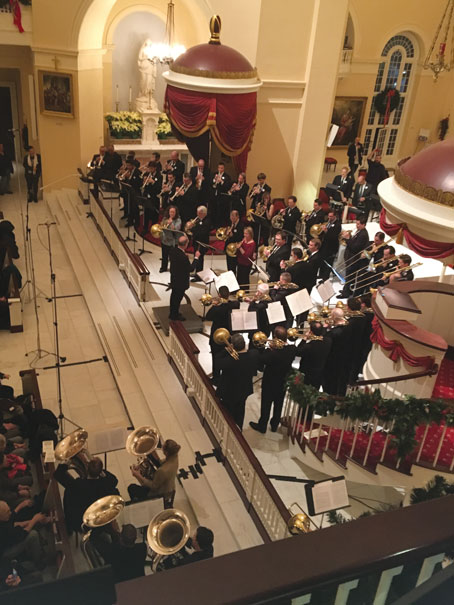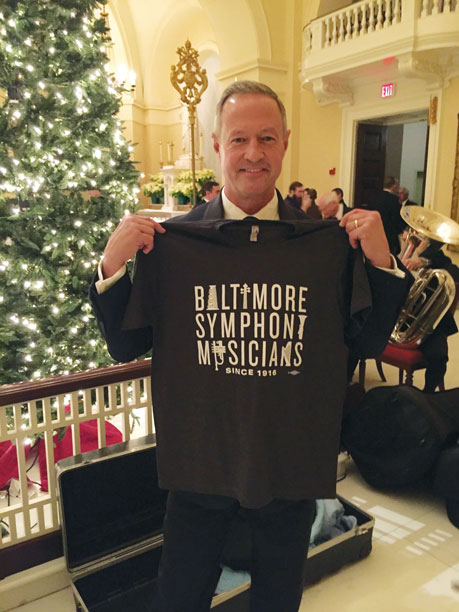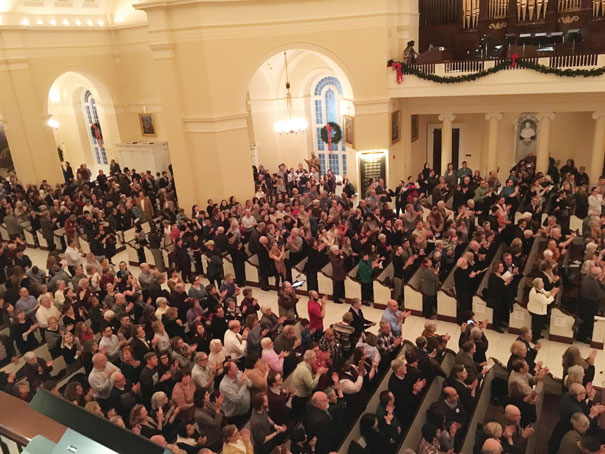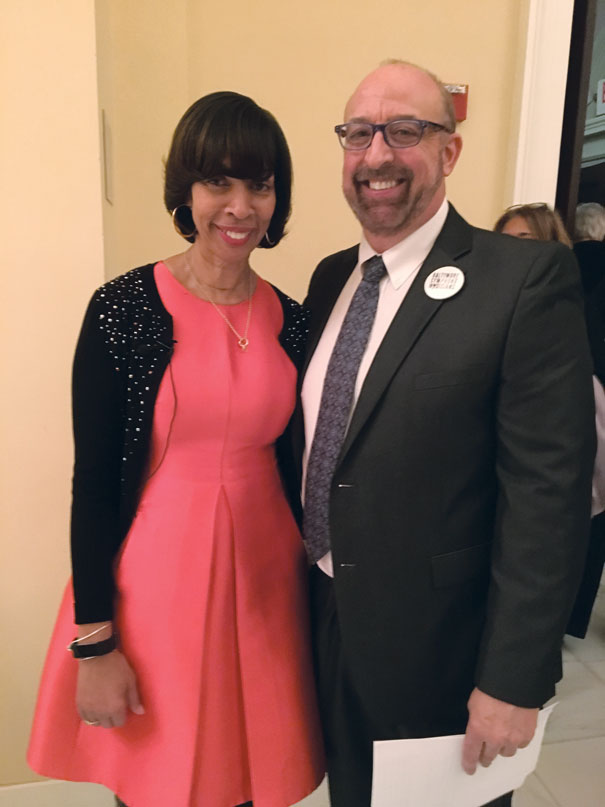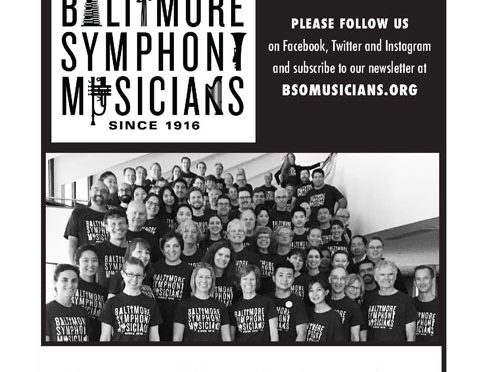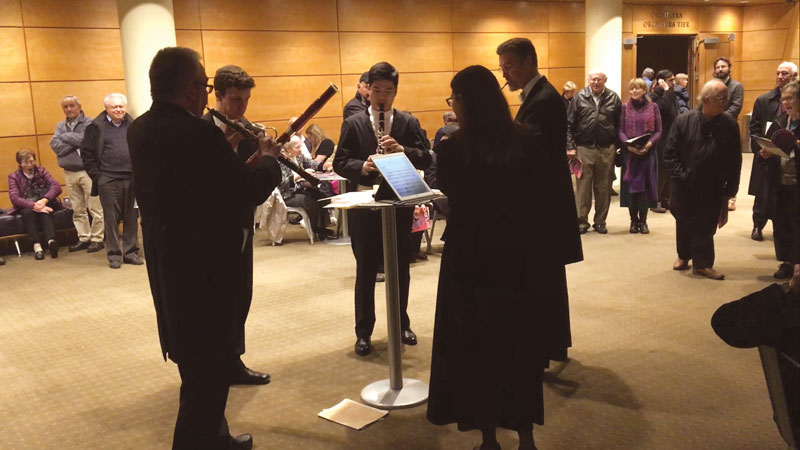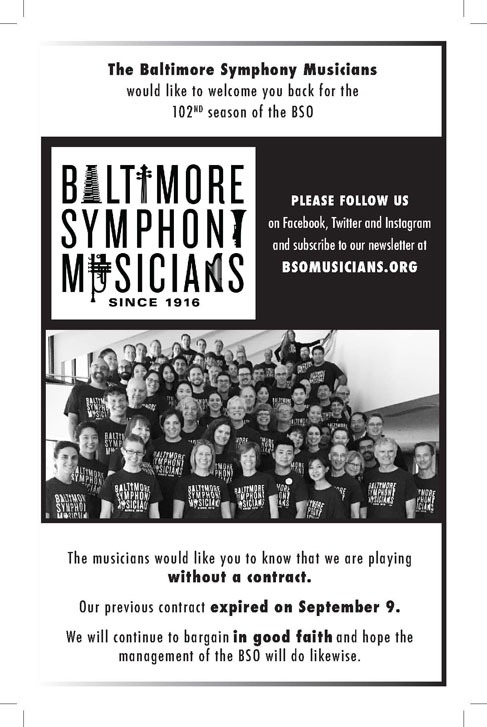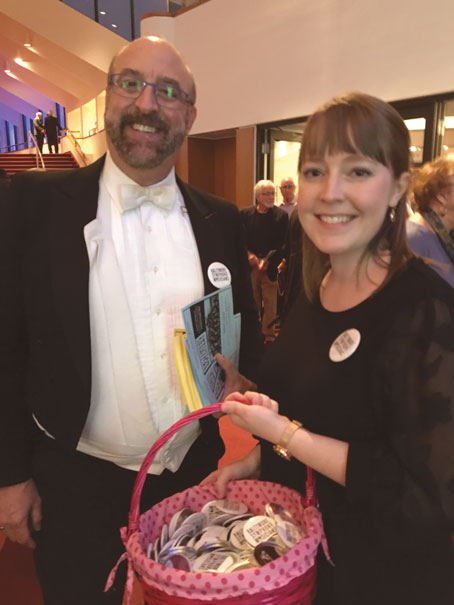Details of the Metropolitan Opera Orchestra’s three-year contract, ratified September 2018, have been released. The agreement, retroactive to August 1, 2018 and continuing through July 31, 2021, will provide an 8.2% salary increase over three years, a substantial increase in the musicians’ pension plan, and a mid-season break in February to allow for rest. There will be flexibility in touring and symphonic performances and a Sunday performance schedule will be phased in beginning in the 2019-2020 season. Musicians will contribute modestly to a healthcare premium cost-sharing plan while making no other changes to coverage or deductibles.
Negotiations were difficult and the successful result was due in large part to unprecedented house-wide unity, with joint bargaining between AFM Local 802 (New York City), representing the musicians, and the American Guild of Musical Artists (AGMA), representing the company’s chorus, dancers, stage managers, stage directors, and supers. The MET Associate Musicians and the MET Music Staff also negotiated a new contract. Additional gains in the contract include the creation of a new Artistic Advisory Committee, a formalized tenure review process, updated audition procedures, strengthened workplace health and safety measures, changes to anti-harassment and discrimination policies, and new collaborative fundraising and audience development initiatives.


